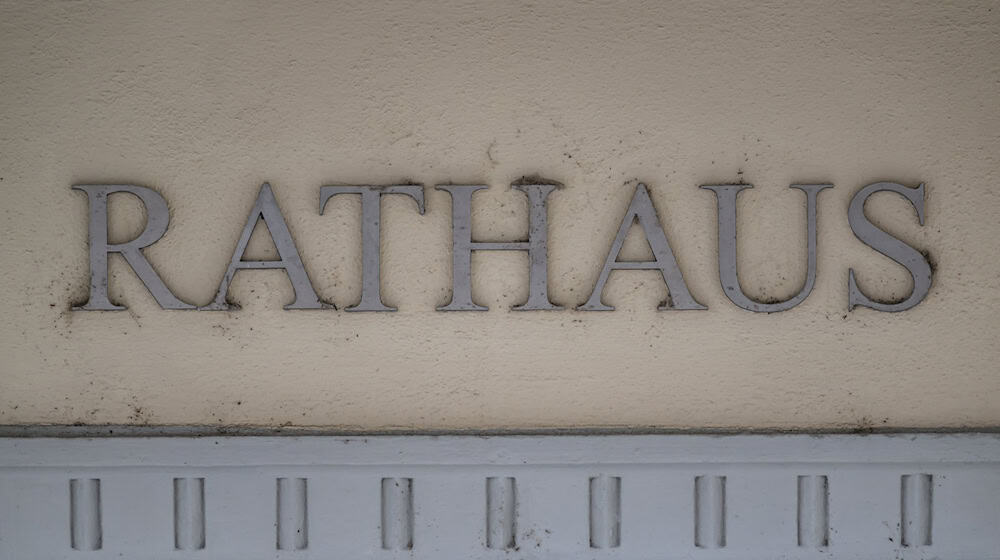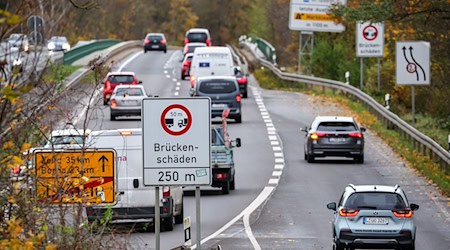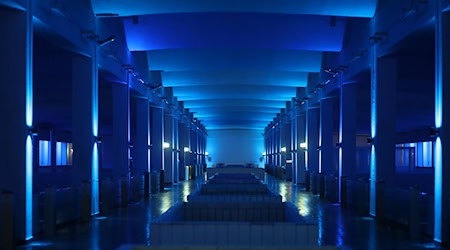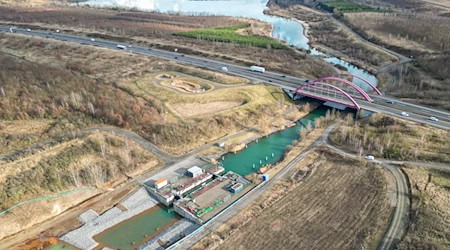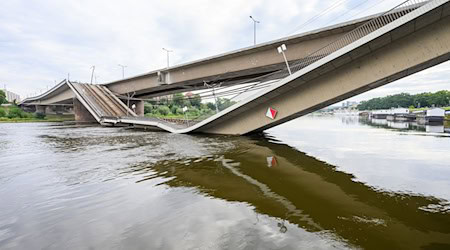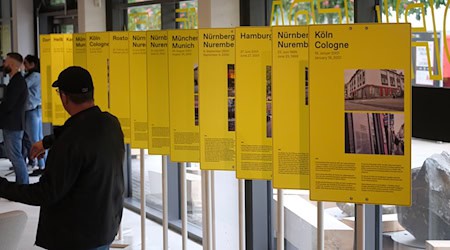The much-cited firewall between the established parties and the AfD has cracked, according to a study in the municipalities, but is still largely intact. This is the conclusion reached by the Berlin Social Science Center (WZB) in its study on voting behavior in local parliaments in eastern German states. The term "firewall" refers to the refusal of established parties to cooperate with the AfD.
The study was published on Saturday. "Overall, the firewall is far more stable than is often assumed," said the co-author of the study, Wolfgang Schroeder, to the "Süddeutsche Zeitung". "The AfD's normalization tactics are not working."
Schroeder and his colleagues Daniel Ziblatt and Florian Borchert examined 2,452 parliamentary sessions in districts and independent cities from mid-2019 to mid-2024 in all eastern German states. The AfD submitted 2,348 motions there. It received no support in around 80 percent of cases. In around 20 percent (484 cases), it was proven that there was cooperation with the AfD in terms of content. In around 10 percent (244 cases), there was cooperation in which at least five non-AfD MPs agreed with the AfD.
"Local politics is characterized by the search for consensus. 20 percent agreement is not much," explained Schroeder. Approval of AfD proposals has not increased over the years. The figures have even fallen slightly.
Significant regional differences - Thuringia brings up the rear
According to the study, it also makes a big difference whether the AfD submitted its proposal on transport issues (quite high approval from others) or on asylum, migration or security (low approval). "The local politicians in the district councils and independent cities are obviously good at distinguishing where they exceptionally vote with the AfD and where they don't," said Schroeder.
Regionally, the researchers found considerable differences. The most cooperation does not necessarily occur in regions with the strongest AfD presence. According to the study, the highest cooperation rate was recorded in Saxony-Anhalt, where 27.0 percent of AfD applications received support from other parties. The second-highest figure of 22.4% was recorded in Saxony. This was followed by Mecklenburg-Western Pomerania with 19.4 percent, Brandenburg with 18.3 percent and Thuringia with 16.0 percent. The researchers also found a higher approval rate for AfD applications in rural regions than in cities.
In individual cases, MPs from splinter parties such as the far-right party Die Heimat (ex-NPD) were also among the cooperators. In most cases, however, it was not possible to determine which party cooperated with the AfD, as voting results at district level are not recorded by parliamentary group.
Copyright 2024, dpa (www.dpa.de). All rights reserved

